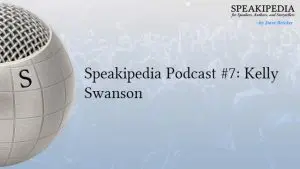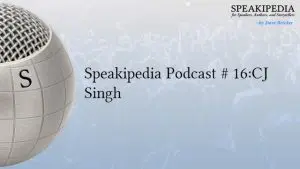If we’re honest and authentic, we often feel compelled to fill in every detail of a story as it actually happened—but this isn’t always the best strategy.
Be a journey-ist, not a journalist.
The purpose of a story is to serve the audience, not to document the details.
In my sailing memoir, there’s a section of the book where I visit a chain of islands in the northern Bahamas one by one.
The truth: I visited those places on a half-dozen different sailing trips spaced months apart.
But why would I force my reader to do all that anchoring and navigating?
My purpose was to show my reader the character of each island, not to create an accurate historical record.
In my keynote address, I talk about dodging ships on a dark and stormy night at sea. That happened but there’s not need to dilute the story with details.
The purpose of that story is to build rapport between me and the audience by creating a metaphor for the business communication challenges they face.
The fact that I had a friend on board with me, the navigating technology I used, and the name of the boat manufacturer are all irrelevant.
And hey … no one is accusing J.K. Rowling or Dan Brown or Charles Dickens of lying!
Tell stories that help your audience connect with ideas and experiences.
Don’t let the truth stand in the way of a good story!
Be a journey-ist, not a journalist.





